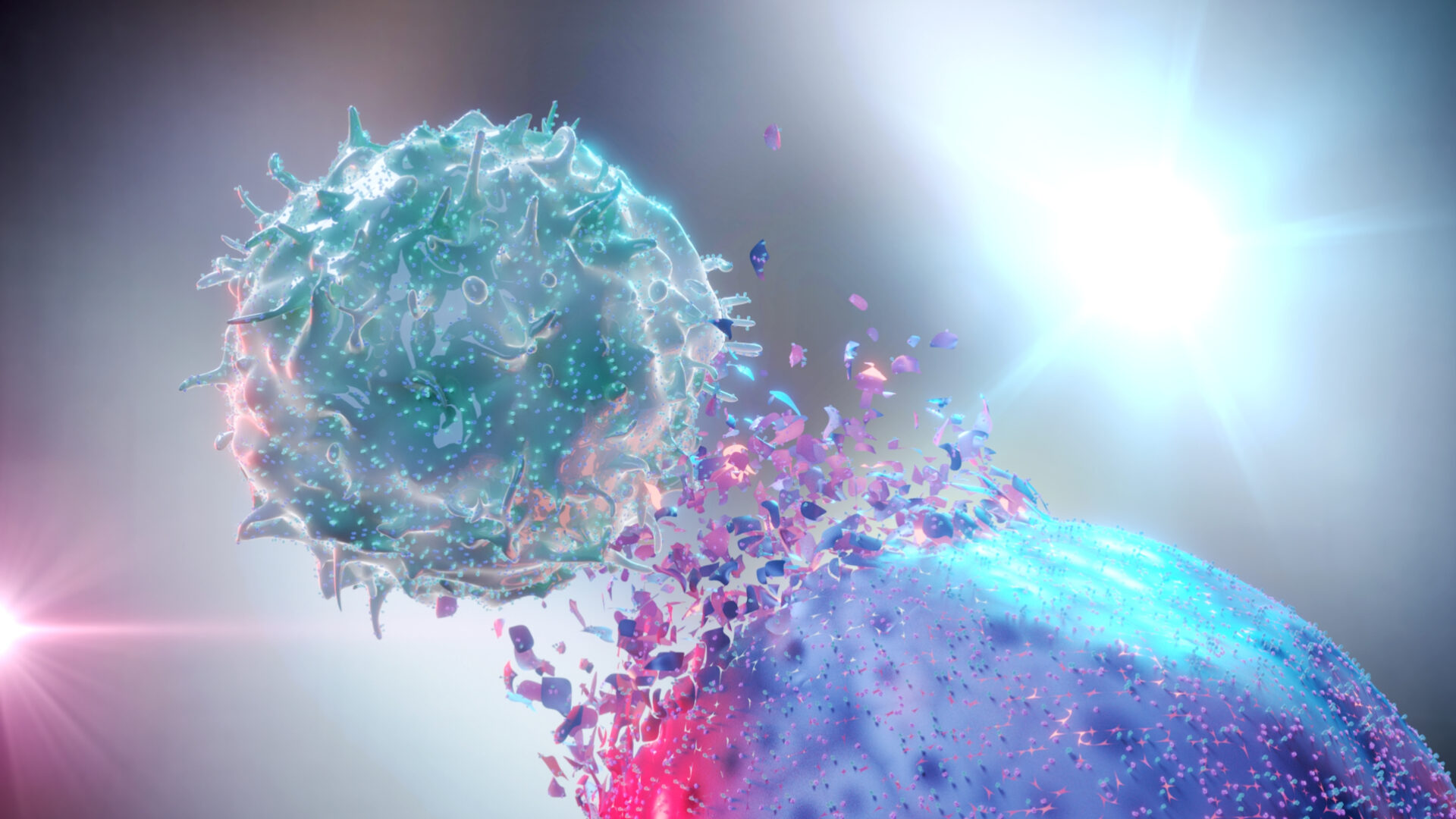NK:IO raises more funding to advance pioneering NK cell therapy
NK:IO, a leader in natural killer (NK) cell biology applied to the development of exceptionally potent, off-the-shelf cell therapies targeting solid tumours, has raised £1.2 million (about US$1.5 million). This brings total equity financing to £3.2 million and will enable the company to reach key milestones in progressing its differentiated NK cell therapy candidates into development.
The £3.2 million equity funding is in addition to £1.9 million grants awarded comprising the recent Innovate UK New Cancer Therapeutics award of £1.6 million and a previous Innovate UK Accelerator grant of £300,000. The current investment round was led by Cancer Research Horizons (through its Seed Fund) and included the Imperial College Enterprise Fund, Start Codon, UK Innovation & Science Seed Fund and Meltwind.
NK:IO is based on pioneering discoveries in NK cell biology from Hugh J. M. Brady, Professor of Immunology and Matt Fuchter, Professor of Chemistry, at Imperial College. NK:IO is exploiting these in its unique platform which activates blood stem cell progenitors to yield industry-leading NK cell tumour-killing potency and very high yield cell production, which it believes will be transformative in cancer cell therapy. In addition, this platform enables efficient engineering of progenitor cells to enable the production of next-generation NK cells for further increases in potency or tumour targeting, which NK:IO is progressing for certain hard-to-treat tumour subtypes.
The company was founded in December 2020 by Professors Brady and Fuchter, and Mike Romanos, an experienced industry executive and entrepreneur. The Board is chaired by Keith Thompson CBE, former CEO of the UK’s Cell and Gene Therapy Catapult. The company will first target ovarian cancer, in collaboration with Iain McNeish, Professor of Oncology at Imperial College, Director of the Ovarian Cancer Action Research Centre and a leading expert in the field.
The investment will be used to drive NK:IO’s cell therapy candidates through full pre-clinical testing. This includes development of a manufacturing process in collaboration with the Cell and Gene Therapy Catapult, whose mission is to support the UK’s cell and gene therapy industry.





